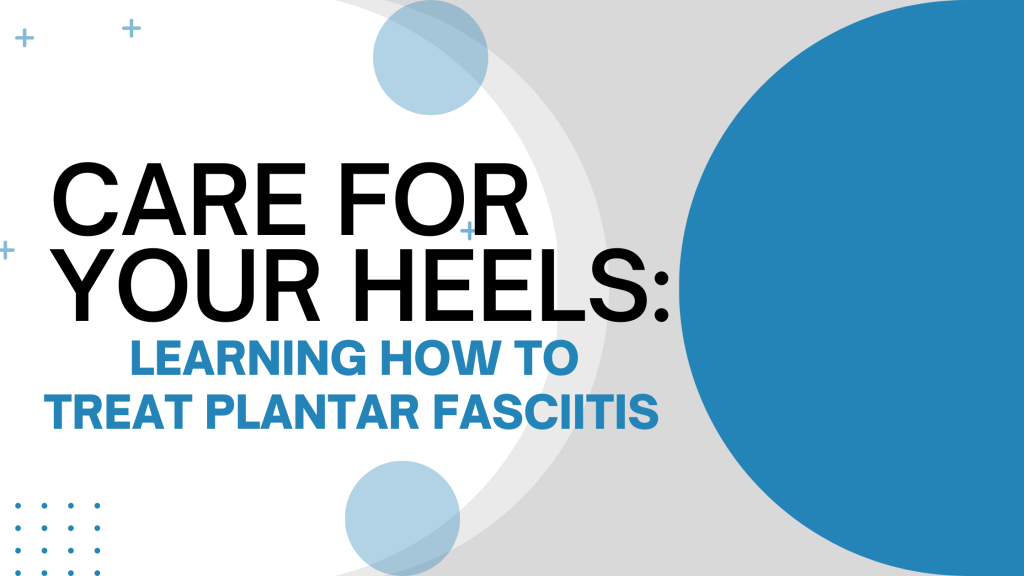Care for Your Heels

Care for Your Heels: Learning How to Treat Plantar Fasciitis

Are you experiencing stabbing pain in the bottom of your heel? If yes, you may be experiencing Plantar Fasciitis Having Plantar Fasciitis can literally be quite a pain in daily life. A simple activity such as walking to work may prove hard to do so with this condition. Plantar Fasciitis typically happens to adults aged […]



